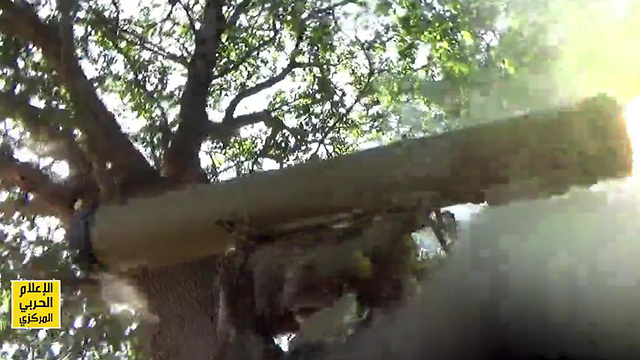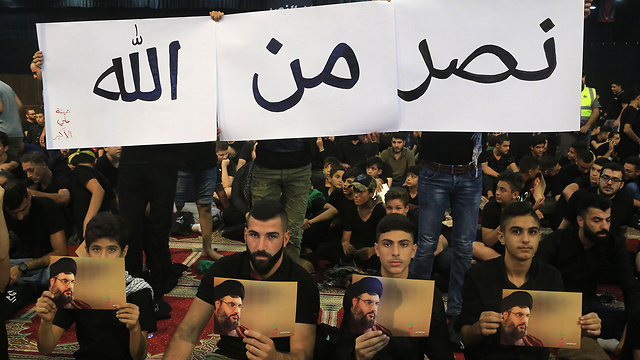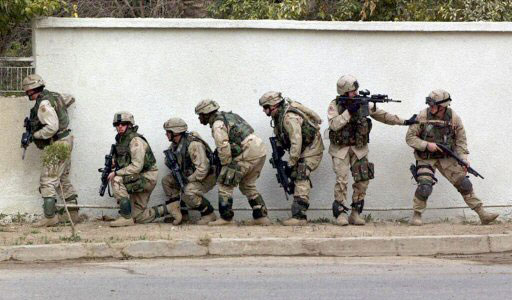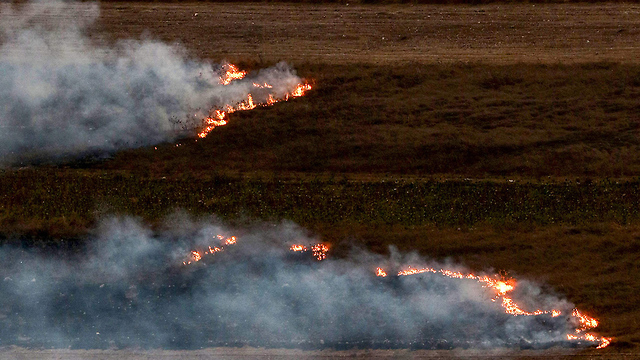
Who is Israel's true enemy?
Opinion: Following the recent attack in Avivim, Jerusalem must send a clear message to Lebanese authorities that it will not tolerate Hezbollah acquiring precision missiles
Hezbollah's attack at the beginning of the week, naturally has kept politicians, the public and the media busy. Much has been said about the attack and the willingness to divulge any kind of details about it.
There are however two more urgent and strategic issues that the cabinet, current one or otherwise, will have to not only discuss, but make serious decisions about.
The first issue is the question "Who is the enemy?" Our tendency is to point to Hezbollah or its patron, Iran. That's what we did in 2006 and that's how we work today.
That, in fact, is the way in which Israel has been pushing more and more countries to declare Hezbollah a terror organization.
The other option, which is the right one in my opinion, is to declare Lebanon as the enemy.
Lebanon is not just the country that gets hit by collateral damage when we attack a Hezbollah target, it should be the official enemy.
One could argue either way, but this topic merits a clear strategic decision that would dictate both a military and political course of action.
Political action isn't propaganda; political action is, for example, convincing the United States to make it clear to the Lebanese government, that if they don't stop the Hezbollah push for precision-guided missiles, the U.S. will impose harsher and harsher economic sanctions on Beirut.
The second and more important issue on the table is whether Israel should start a preemptive war in Lebanon.
It is important to differentiate between a preemptive attack and a forward counterstrike.
A forward counterattack is done by a country that knows an enemy is about to initiate an attack within days, and then attacks first in order to disrupt the enemy's opening move.
Israel did it in 1967, and considered doing the same in 1973 at the behest of then-Chief of Staff David Elazar, but refrained at the last minute.
A preemptive war is something completely different, its when one side declares war on unwilling enemy. Its purpose is to hurt the enemy's current or future arming abilities.
The 2003 Iraqi-American war was a preemptive one, or at least, that’s how George W. Bush presented it to the world.
Most Israeli politicians are adamant Israel won't be able to deal with a situation in which Hezbollah has hundreds, or thousands of precisions- guided missiles.
The argument is that if a future war will break out, not only will Israel's infrastructure suffer unbearable damage, the Israel Air Force's ability to operate efficiently will suffer greatly.
Indeed, it would be best if we can sabotage any dangerous future developments with a few precise covert actions.
But what if the final conclusion would be that, in order to thwart such a threat, we need to initiate a massive, open attack on several high priority targets right now? The answer is seemingly clear - but not necessarily.
For years Israel existed with the looming threat of a massive number of chemical weapons in Syria - weapons Syria could've used on dozens of Scud missiles to reach every corner of Israel.
There were a few singular votes that argued that it's not possible to live in the shadow of such a constant threat, and so, a preemptive war against Syria would be the right thing to do.
Israel avoided taking such measures, and the arsenal of chemical weapons and Scud missiles is mostly gone. There are a lot of differences between this old threat and the new one brewing in Lebanon, and so, this is a concrete issue and not just one based on principle.
If and when we understand that we can't guarantee the termination of the precision-guided missiles project in any other way, would a preemptive war be the right course of action?














